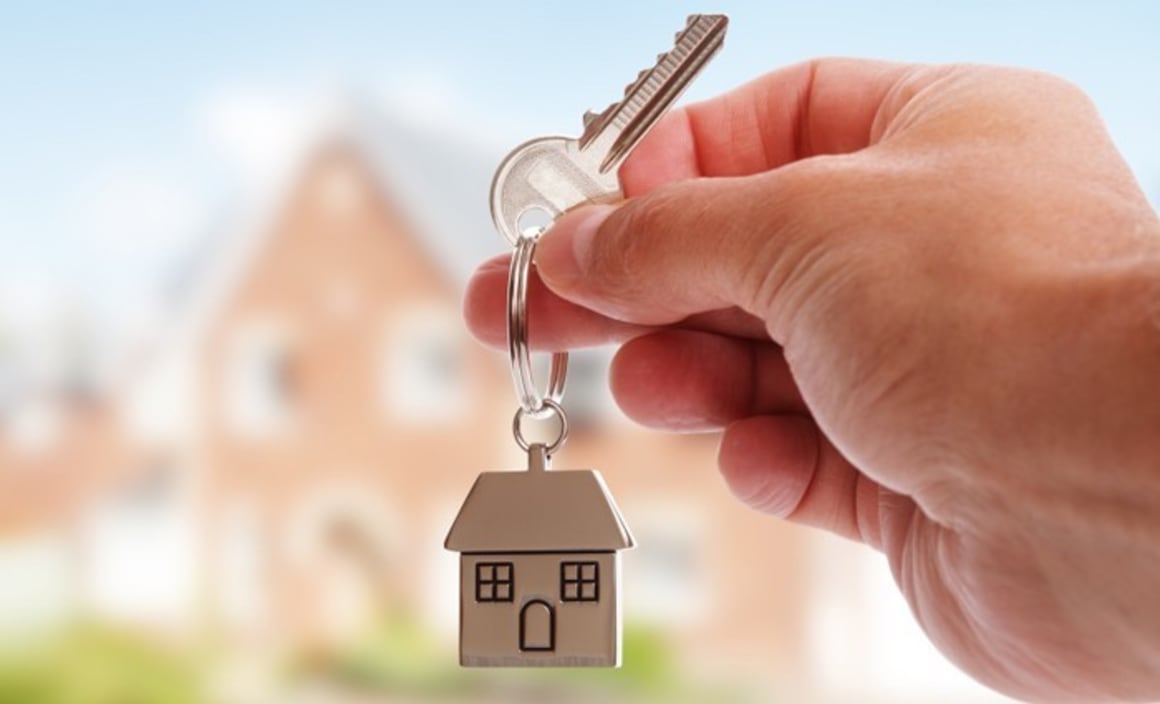11 things every first home buyer should know

Jennifer DukeDecember 7, 2020
- A median price is not an ‘average’, and isn’t necessarily even that indicative of prices in an area.
It’s the middle price of the set of sales figures available. Essentially that means that an equal number sold below that price as did above – suggesting that cheaper properties have also sold.
While median price changes can suggest changes in value, it is often a change in the composition of sales (that is, if an expensive new prestige development is launched, the sales prices are likely to increase. This doesn’t mean that nearby older units have gone up in value).
Here’s some more information on exactly what a median price is, and how it is calculated. - Looking at sold prices is more effective than looking at ‘for sale’ prices
However, do consider them in concert with each other. What properties have actually sold for is the price that is of most importance to you – particularly when the sale is recent and of a similar property (with similar attributes and in a comparable location).
What a property is listed as is not necessarily what the vendor will end up achieving. Some properties go for more or less than their listed price. It’s your job to try and figure out whether it’s worth paying their asking price after all. - It’s worth your time and money to consider the property beyond your initial impressions
Think the kitchen is ugly, or the colour is horrendous? Sometimes, the discount you will achieve on the property due to its presentation can easily outweigh the cost to rectify the bad style choices.
If the problem is fixable, and cheaply so, then you may be able to get the home of your dreams and for a discount. - Know that there’s another property around the corner
Yes, you love this home – we’ve all been there and done that. However, you will “love again”.
If it goes beyond your budget, or is already, it may not be worth another offer. Do not stretch yourself financially to the limit because you become emotionally involved in the home.
Ensure you are purchasing with your own financial ability in mind. Be practical. At the same time, if your instinct tells you that the property isn’t right – also don’t ignore yourself and your gut feeling.
You need to be comfortable with the purchase that you make in the long run. - Remember that interest rates move
We may be at record lows now but it’s very unlikely these will continue on forever. Ensure you know the impact of a change in rate on your loan, particularly if you’re opting for a variable rate, and know what you can afford. - Inspect more than once if you’re going to make an offer
When searching for a property, you want to pop the hood a few times. That first walk through may have sealed the deal for you, but have you visited in the evening, or during rush hour?
Have you listed to the noise from that busy nearby street during peak commuting times? It may not make a difference, but at least you’ll know that property inside out before you make a commitment. - Keep in touch with the real estate agent
Let them know you’re interested (if you’re concerned about appearing “too” interested, say it’s one of a few on your list) and stay in regular contact. You want to know if anything happens to the home – if it’s discounted or otherwise. You also want to know if anything similar to it is coming onto the market or is on their books.
Real estate agents may not be working for you, but they can certainly be very useful. Some real estate agents regularly provide sales updates to prospective buyers and sellers – this can all be part of your research. - Don’t forget that the costs don’t end when you’ve purchase
Fixing items, council rates, strata levies and, of course, your ongoing mortgage costs. Running costs and maintenance can significantly affect your finances post-ownership.
Make sure you can really afford the property you’re getting – particularly if you’re upgrading from a smaller rental. Your bills are going to be larger, and you may even need more furniture at some point. - Preparation is the key to success
Whether it’s pre-approval, and taking those steps to ensure you’ll be able to repay your loan comfortably, or getting a building and pest inspection, success is all in the work before you buy.
Plan as carefully as possible, and do your checks and balances. This is not the time for scrimping. - If you lose your job you still need to pay that mortgage
Prepare yourself for if you lose your job – there may be certain insurances worth your while. This is a big financial commitment, and you want to ready yourself for whatever life throws at you.
Ensure you aren't stretching yourself to the limit, consider a financial buffer built into your LVR where possible and try to have a contingency plan in the way of repaying extra or savings when you do buy. - Prices don’t always go up
What do you do if you can’t sell in five years time as you may be planning to do? Know what to do if the property price drops to ensure you won’t be left out cold. Can you stay in this property long-term?
Be honest about the possibility of prices dropping in the area you’ve selected.
Jennifer Duke
Jennifer Duke was a property writer at Property Observer
Tags:
First Home Buyers